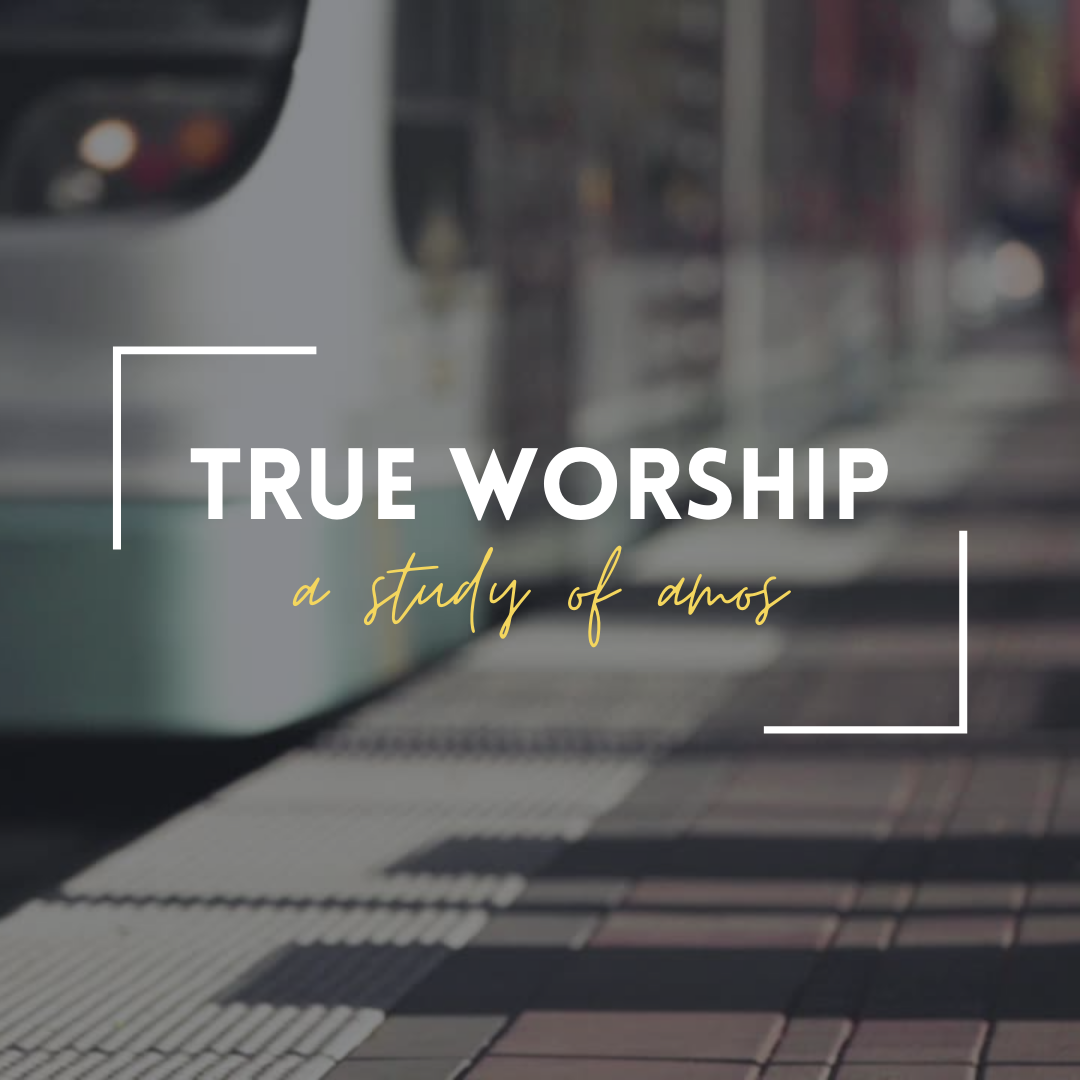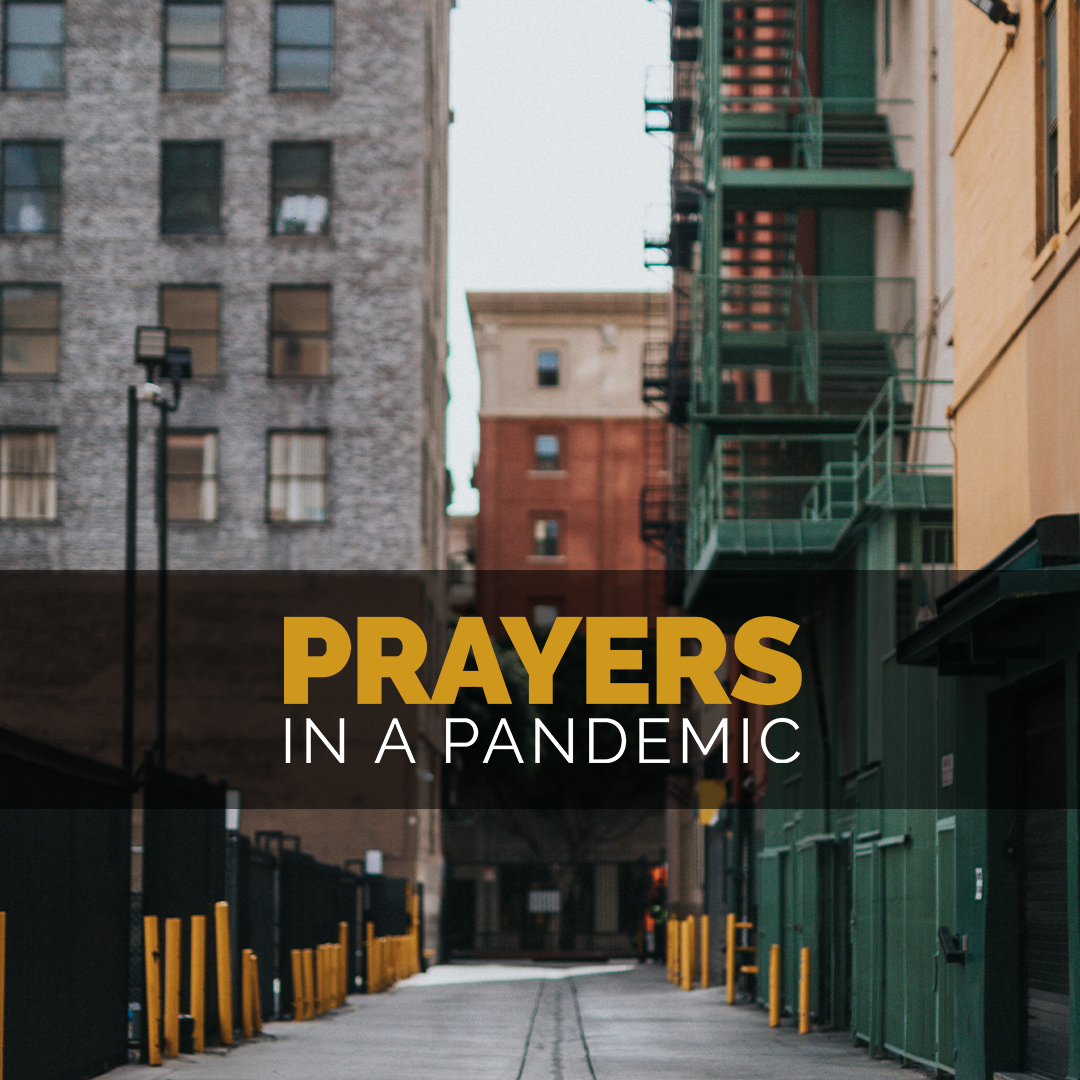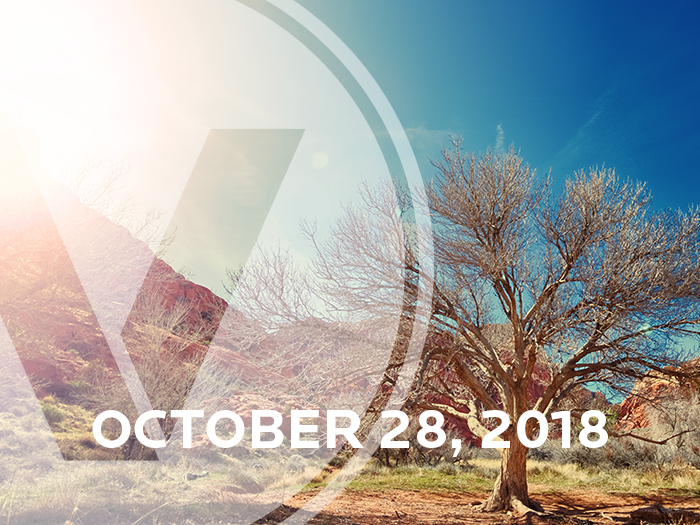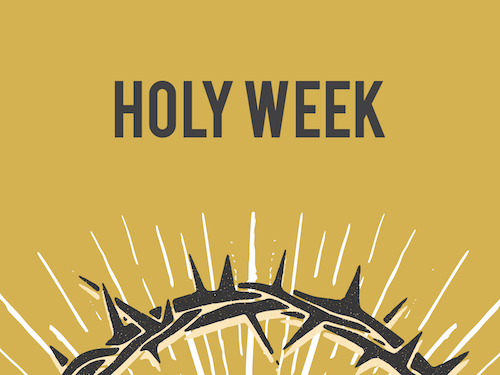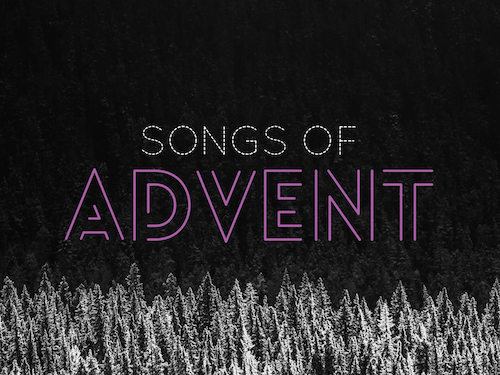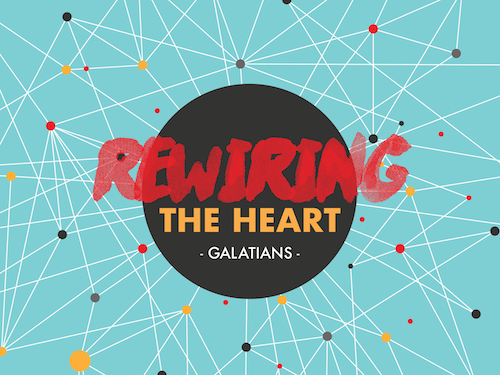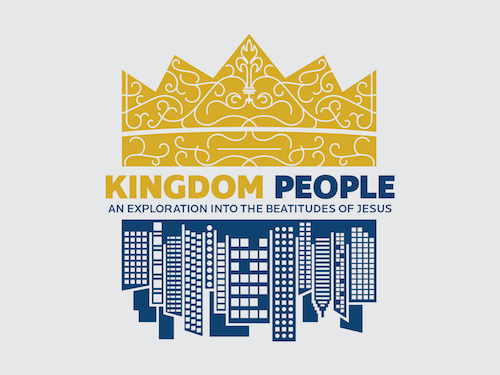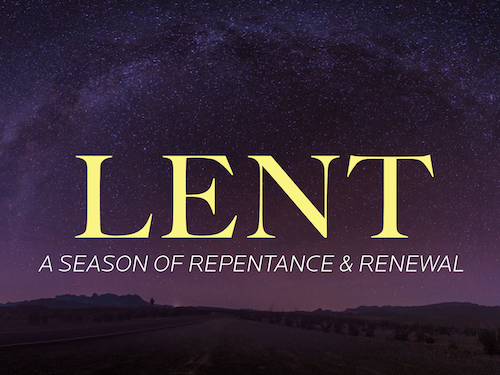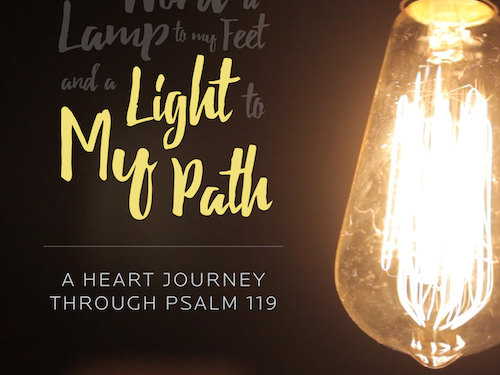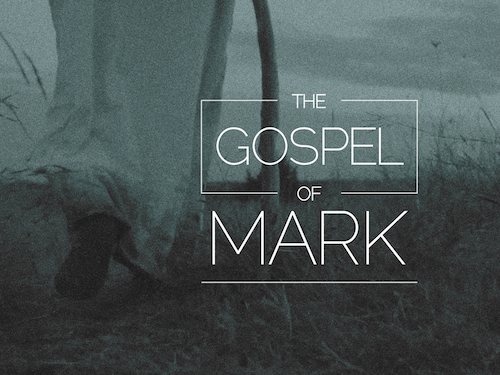John 20:1-22
20 Now on the first day of the week Mary Magdalene came to the tomb early, while it was still dark, and saw that the stone had been taken away from the tomb. 2 So she ran and went to Simon Peter and the other disciple, the one whom Jesus loved, and said to them, “They have taken the Lord out of the tomb, and we do not know where they have laid him.” 3 So Peter went out with the other disciple, and they were going toward the tomb. 4 Both of them were running together, but the other disciple outran Peter and reached the tomb first. 5 And stooping to look in, he saw the linen cloths lying there, but he did not go in. 6 Then Simon Peter came, following him, and went into the tomb. He saw the linen cloths lying there, 7 and the face cloth, which had been on Jesus' head, not lying with the linen cloths but folded up in a place by itself. 8 Then the other disciple, who had reached the tomb first, also went in, and he saw and believed; 9 for as yet they did not understand the Scripture, that he must rise from the dead. 10 Then the disciples went back to their homes.
11 But Mary stood weeping outside the tomb, and as she wept she stooped to look into the tomb. 12 And she saw two angels in white, sitting where the body of Jesus had lain, one at the head and one at the feet. 13 They said to her, “Woman, why are you weeping?” She said to them, “They have taken away my Lord, and I do not know where they have laid him.” 14 Having said this, she turned around and saw Jesus standing, but she did not know that it was Jesus. 15 Jesus said to her, “Woman, why are you weeping? Whom are you seeking?” Supposing him to be the gardener, she said to him, “Sir, if you have carried him away, tell me where you have laid him, and I will take him away.” 16 Jesus said to her, “Mary.” She turned and said to him in Aramaic, “Rabboni!” (which means Teacher). 17 Jesus said to her, “Do not cling to me, for I have not yet ascended to the Father; but go to my brothers and say to them, ‘I am ascending to my Father and your Father, to my God and your God.’” 18 Mary Magdalene went and announced to the disciples, “I have seen the Lord”—and that he had said these things to her.
19 On the evening of that day, the first day of the week, the doors being locked where the disciples were for fear of the Jews, Jesus came and stood among them and said to them, “Peace be with you.” 20 When he had said this, he showed them his hands and his side. Then the disciples were glad when they saw the Lord. 21 Jesus said to them again, “Peace be with you. As the Father has sent me, even so I am sending you.” 22 And when he had said this, he breathed on them and said to them, “Receive the Holy Spirit.
Jesus’ death and resurrection can feel like an abstract spiritual reality that isn’t relevant to our human experience. How can one man’s death bring me life? Even if the resurrection actually happened, what difference does it make on my life and this world? In light of a world-wide pandemic, why are Christians around the world going to such great lengths to celebrate an event that took place over 2000 years ago?
As we lay the resurrection of Jesus before us in scripture, may we see that it really matters to each of us and this world that we live in.
Christianity did not spread in a gullible world that thought resurrections were normal (Acts 17:30-32). So how then was this truth accepted?
It Will Matter To You
Paul says that God calls all people everywhere to repent because we have all sinned against Him (Acts 17). This repentance is urgent because God, in His perfect righteousness, is going to judge the whole world. He is going to judge it by a man, Jesus Christ. Jesus will be the judge of every human someday. We are all guilty unless we are found in Christ - having trusted Jesus as our Savior. The resurrection is God’s assurance (warrant, evidence, proof) that repentance is necessary.
Whether you find it helpful or not, God’s judgment is coming. This judgment isn’t like the possibility of life in another galaxy. Rather it is like death - it is coming! It does concern you. It will matter to you.
When we believe - trust, follow, receive - we can experience the realities of the risen Christ.
Through The Spirit
John’s resurrection account is unique compared to the other gospels. John leads the reader from the empty tomb to the real meaning of the resurrection - the creation of a new relationship between Jesus and those who believe in Him. Their relationship will now be through the Holy Spirit.
John shows the longing Mary had to be with the Lord. Mary turns to Jesus and clings to Him. Her beloved teacher has come back from the dead and her grief is banished. This fulfills what Jesus said in John 14:18.
Jesus will now make them sons and daughters of God - by the giving of the Spirit.
His followers will now live in a relationship of love and obedience to Jesus, which nothing can destroy.
“My Father” is now “your Father” (verse 17).
As He promised to even two or three gathered in His name - He is in their midst (verse 20).
Peace (shalom) is His gift to them (verse 21; Colossians 1:19-20).
He sends them as peace bearers into the public life of the world (verse 21). They will participate in His mission.
He breathed on them to receive the Holy Spirit (verse 22) - new life entered them like life entered into Adam after being formed - “the man became a living creature” (Genesis 2:7).
God is doing more than you know and the resurrection will bring it all to light. In the meantime, trust Jesus and treasure Him above all things.
We do not wave the truth of the resurrection as if it suddenly renders death in all its forms painless or meaningless. We hold on in hope for the time that has been promised in which there will be no more death or crying or pain, and all things will be made new, but we are not there yet (Revelation 21:4).
Discussion Questions
-In the past, how have you answered the question that people (unbelievers) tend to ask about why Jesus had to die?
-Would your answer be different today? How?
-It seems that in our current cultural context, one of the biggest social no-no’s is to “judge” someone’s life decisions and choices. How do we speak of Jesus as the judge of all humankind in our context? In other words; What “right” does Jesus have to judge? (And don’t just say, because he’s God. He is God but expand on what that means in regards to judgment)















